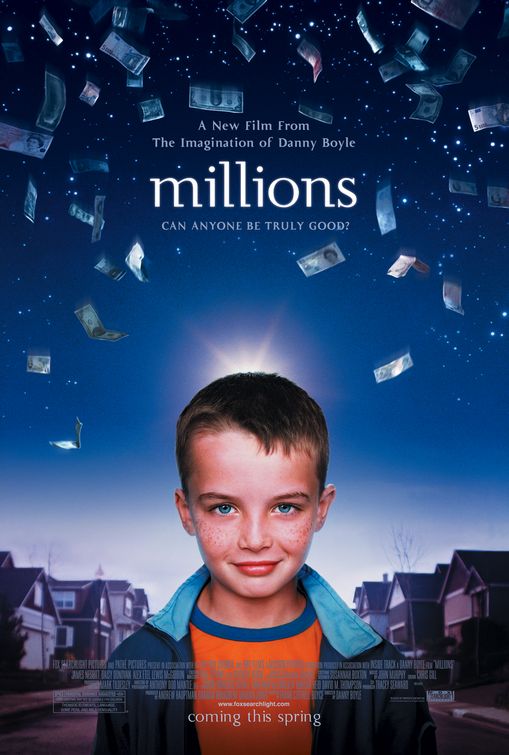
Mom Blames Social Media for 11-Year-Old’s Suicide
By Movieguide® Contributor
Three years ago, 11-year-old Selena Rodriguez took her own life after suffering from social media addiction and bullying.
“It’s been two and a half years; July will be three years. And you know it’s hard; it’s very hard,” Selena’s mother, Tammy Rodriguez, told NBC6. “Every day is something different; you don’t know where your emotions will be. You don’t know your trigger.”
Rodriguez added that her daughter was passionate. She “shined on stage dancing; she would light up a room.”
“As she got a little older, I ended up giving her a phone, and in the beginning, it was just the games and the videos, but then you could start seeing a change…she had wanted TikTok, which I let her have only to save the videos to the draft, because she loved to dance; that was one of her big things; she did that and she would save it (to drafts),” said Rodriguez. “But then she would start to sneak and start to post the things.”
Rodriguez began to see her daughter’s behavior change. She became violent with her younger sister when her phone was taken away.
“She wasn’t sleeping hardly at all; she wasn’t eating…she was developing an eating disorder; really, everything in her world depended on those devices. She didn’t want to go anywhere unless she could bring it with her,” said Rodriguez.
Her family thought they had access to her social accounts, but Selena had made new ones. They learned that she had been bullied when photos of herself on Snapchat got leaked to classmates at school.
“We found out she was being contacted by men, adult men, that were then getting pictures from her and exploiting her,” said Rodriguez. “I had no idea that was going on and that’s what I think was even bigger than the bullying piece of it.”
Shortly afterward, she committed suicide.
“Horrific. It’s something you never imagine can ever happen in your world,” Rodriguez told NBC6.
Dr. Adam Scioli, Chief Medical Officer at Caron Treatment Centers advised how social media addiction can be taken seriously. “Part of it is recognizing that addiction is a brain disease; it’s a chronic, progressive, potentially fatal process that is manageable,” he said.
Per the National Institute of Health, 50% of adolescents admit they’re addicted, and 24% say they are “constantly connected.”
Teens are especially vulnerable to the negative effects of social media because their brains are not developed. Scioli says social media interrupts their “pruning” process, which The Lancet describes as the brain’s removal of unused connections in order to “maximize efficiency.”
Movieguide® recently reported:
“The future addictive potential is super high when you’re on a dopamine-producing activity that is chronic,” said Melanie Hempe of Screen Strong, adding, “We’re kind of stealing their childhood.”
When kids become addicted to social media and technology, it harms their overall health, sucks the joy out of everyday life and impairs their ability to succeed in the future.
“They are not able to function in the real world. They’re not able to have social skills; they’re not making eye contact,” Hempe explained. “When we are young, we have to learn how to do that. We have to learn how to read body language and facial expressions and tone.” These things cannot be learned online.
Director of Behavioral Health and CRNP at Jefferson Health Nancy DeAgnelis affirms that social media rewires young people’s brains. It causes them to crave instant gratification, which leads to obsessive and addictive behavior that creates or worsens anxiety, depression, ADHD, body dysmorphia and other illnesses.
“Sadly, [social media addiction] can go extremely dark. I mean, it’s not hyperbolic to compare this to any other substance use disorder where you have a beginning that is seemingly innocuous…It doesn’t seem risky,” Scioli said. “On the other end of the spectrum, being terrorized or bullied by someone who doesn’t like what you posted…both of those experiences can lead to a number of mental health symptoms and certainly a mental health crisis, leading up to and including suicide.”
Rodriguez and many other mourning parents shared their stories at Congress, demanding change.
Meta CEO Mark Zuckerberg also appeared before Congress.
“Mr. Zuckerberg…you and the companies before us — I know you don’t mean to — but you have blood on your hands,” said Senator Lindsey Graham.
“It’s terrible,” Zuckerberg said. “This is why we invest so much and are going to continue doing industry-leading efforts.”
Rodriguez tried to wordlessly communicate her pain to Zuckerberg.
“It was a horrible apology…that wasn’t an apology to me. I had my one moment where I was able to lock eyes with him and I held her picture up. I don’t know if it matters to him, but it mattered to me to hold her picture there and show him who we lost because of their product,” said Rodriguez.
Rodriguez and her family have sued Meta and Snapchat on the basis that their apps are designed to be addictive and therefore harmful to everyone, but especially children.
“We want to assure every parent that we take their interests seriously in our work to help teenagers have a safe online experience. We have developed more than 30 tools and features, including ways for parents to limit the time their children spend on our apps, age verification technology, automatic restriction so that minors under 16 do not receive messages from people they do not follow, and sending notifications that encourage teenagers to take regular breaks,” Meta said about the lawsuit.
“While we cannot comment on any specifics of this ongoing litigation, nothing is more important to us than the well-being of our community. We work closely with many mental health organizations to provide in-app tools and resources for Snapchat users as part of our ongoing efforts to keep our community safe,” Snapchat said.
CNLD Testing & Therapy notes that one out of every four teens is addicted to social media. It shares these tips for parents:
- Note Changes in Behavior, Self-Esteem, and Mental Health
- Use Creative Strategies to Limit Screen Time at Home
- Monitor Your Child’s Phone Use
- Have Open Conversations about Social Media
- Set a Good Example of Healthy Boundaries for Social Media Use
Questions or comments? Please write to us here.


 - Content:
- Content: 

 – Content:
– Content: 